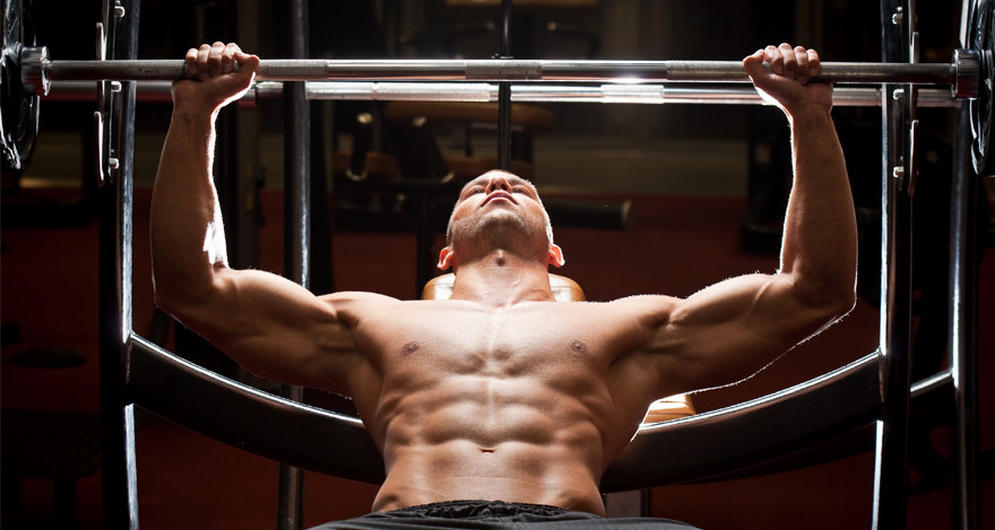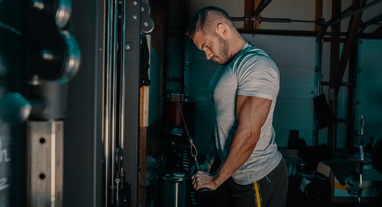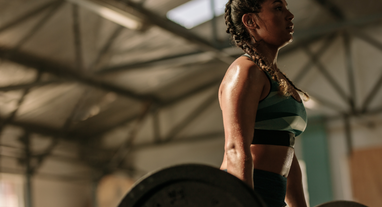Bench press: the pros and cons

It is perhaps the coolest exercise you can think of: the bench press. The answer to 'how much do you bench press?' can make or break you. But what are the pros and cons of this chest exercise and is bench pressing really that important?
Benefits of bench press
You train multiple muscle groups
The bench press is a compound exercise, or a multi-joint exercise . Not only your chest muscles are trained, but also your shoulder muscles, triceps and even your neck and back muscles. Because you use free weights (the barbell), almost your entire upper body contributes to stabilizing the weight. Even your abs and biceps are slightly stimulated
You can easily vary in grip
By varying in grip, you can focus on training a specific muscle group. For example, with a narrow grip you can stimulate the triceps extra. This is also called 'close grip bench press'. The wider your grip, the more the triceps are spared and the more power is therefore (mainly) generated from the chest muscles. If you have a good spotter, you can even try a supinated grip. In this case you have the palms of your hands turned towards you. This also stimulates the activation of the triceps. Make sure you close the barbell well with your thumb, so that it does not start to roll in your hands. Try and experience.
You can easily vary between pectoralis major (large chest muscle) and pectoralis minor (small chest muscle, or upper chest)
If you have access to an 'incline' bench press machine, you can focus on training the small chest muscle. This is located behind the large pectoral muscle and is also popularly called 'upper chest'. An incline bench press machine has a weight bench that is angled at approximately 45 degrees. You can of course also vary in grip with the incline bench press device. The same applies to this bench press variation as mentioned above. And of course, also with the incline bench press: when in doubt, ask for help from a spotter!
Disadvantages of bench press
Chance of too much pressure on the shoulder joint
If the execution is not good, there can be too much pressure on the shoulder joint. Overloading the shoulders can be a consequence of this. The more you bring the elbows out, the greater the pressure on the shoulders. To do this, keep your elbows on your side and bring the barbell to the center of your chest. If you bring the barbell too much towards your face, your elbows will automatically move out. Something you absolutely don't want!
Often dependent on a spotter
If you want to test the maximum strength or go to muscle failure, you are dependent on a spotter. He / she can intervene / help when necessary. Without a spotter you will never be able to get the most out of yourself during the bench press.
The conclusion: bench press or not?
Bench press is an exercise that is not out of place in a good training schedule. You train different muscles (groups) and you can vary a lot in grip. This provides new muscle stimuli and keeps the training varied and challenging. However, it is important that you keep your elbows to your sides to spare your shoulder joint as much as possible. A reliable spotter is also needed to intervene or help when necessary. If you don't take these two concerns seriously, bench press can become your worst enemy instead of your greatest friend.




